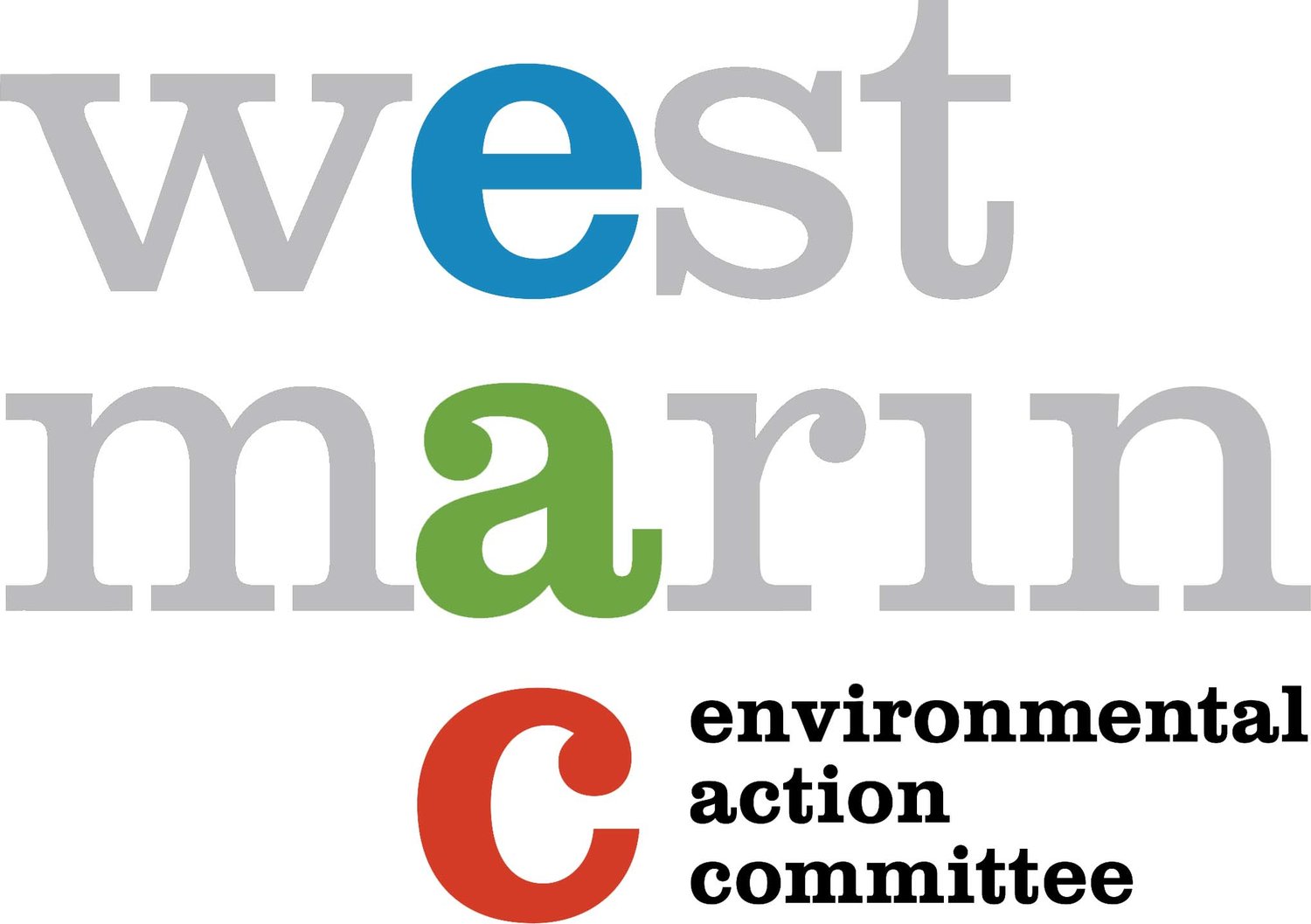Tomales Bay Coastal Development Permit Reviews
In 2017, the California Coastal Commission (Coastal Commission) began a statewide process to update the Coastal Development Permits (CDPs) for all shellfish operators.
Part of the reason for the statewide review is that many operators have failed to update their CDPs over the years as they have installed new on-bottom and off-bottom cultivation development. CDPs are issued by the California Coastal Commission and regulate development in the coastal zone, for mariculture operators, development also includes cultivated infrastructure and species. CDPs are considered on a case-by-case basis and usually contain special conditions that are useful to help ensure coastal resources (like habitat) impacts are minimized or avoided.
In addition to development concerns, shellfish cultivation sometimes results in lost gear and debris due to natural conditions (wind and tides) and operational issues. The losses result in unnecessary marine debris in Tomales Bay. This was highlighted in recent years by local resident, Richard James, who raised awareness of the debris issue by geo-marking locations of mariculture debris, removing it, taking photographs, and documenting on his blog, the Coastodian. Richard has discovered hundreds of plastic bottom bags, floats, and other debris littering Tomales Bay and harming habitat. His efforts have helped spearhead discussion on Best Management Practices (BMPs) that would reduce debris, require labeling/marking, and regular clean ups to reduce the amount of trash in the Bay.
Marin Oyster Company, April 2018
In the spring of 2018, Marin Oyster Company, the first of five mariculture operators in Tomales Bay, began the work to update their CDP.
Violations of the Coastal Act existed on Marin Oyster Company’s lease areas due to the unpermitted construction of 1,200 linear feet of structures to support 200 plastic baskets, the proposed placement of 62 basket lines, and the continued use of bottom and floating bag longline equipment that was installed by the previous operator of the aquaculture facility. Marin Oyster Company also had a small amount of unpermitted development in areas where eelgrass was present. That development was removed prior to the issuance of the Coastal Commission’s Staff Report. The CDP amendment included Special Conditions outlining protection of eelgrass, benthic habitat, and BMPs to prevent debris in the Bay.
EAC supported the Coastal Commission staff’s efforts to review existing permits and bring aquaculture operators into Coastal Act compliance. EAC also flagged the concern that the issuance of after-the-fact permits may potentially set a standard for operators to install new cultivation techniques without initially seeking appropriate permits. This could be avoided by the Coastal Commission staff’s continued efforts to review permit compliance and require permit amendments on a consistent basis as needed.
EAC’s Letter regarding Marin Oyster Company
Point Reyes Light, Marin Oyster Company’s revised permit a harbinger of the future


